Do you think Japanese masks have a special meaning? Are you wondering what symbol the tengu mask corresponds to?
We're going to take the mystery away!"
If you're here, it's probably because you're drawn to Japanese culture. Maybe you're a fan of manga, Japanese cinema, or simply drawn to this country with aesthetics, customs, and beliefs that are the opposite of our own.
We'll take a look at some of the things we've seen.
Among them, the very strong presence of masks of all kinds and with a very worked aesthetic. The tengu mask is one of the most popular representatives.
Tengu masks pay homage to a deity that is part of Japanese mythology whose history is complicated to say the least. Originally a demon, bringer of destruction and instigator of chaos, his evolution led him to become one of the most respected and celebrated Shinto gods.
Discover the origins and meanings of this traditional Japanese mask!
Who are the tengu?
 Credit artist : Alessandro Ferrario
Credit artist : Alessandro Ferrario
The tengu is a creature that is part of the Japanese folklore and lives in the mountains. Sometimes seen as a Kami (deity of Shintoism), other times as a Yokai (supernatural deity), their appearance is easily recognizable with their red skin and long nose.
Strangely, their Kanji (the calligraphy) means "heavenly dog" in the Japanese language, but it doesn't look like a dog at all. It seems that its original appearance was inspired by a deity from Buddhism and Hinduism called Garuda and who looked like a bird, like Kotengu, the first tengu.
It was only later that his physique would be humanized with the lengthening of his nose in place of his beak to become Daitengu. He advocated Shugendō, an art of living where minimalism is at the center of everything.
Demon tengu, warrior monk and manga character
 Credit artist: Fernando Correa
Credit artist: Fernando Correa
Despite everything, the tengu creatures have long dragged a bad image, to the point that Tibetan Buddhists considered them demons who sowed chaos wherever they went.
It must be said that, according to legends, the tengu did not appreciate self-important people, which is how they could enrage a Buddhist who was overzealous.
As the centuries passed, they came to be accepted little by little and to convey an image of protection. It is no doubt for this complicated fate that they are celebrated throughout Japan throughout the year.
If you'd like to learn more about the history of tengu, we invite you to read our full feature on this long-nosed Japanese demon.
What do tengu masks represent?

Tengu masks are part of a very large collection of traditional Japanese masks. In this one, we find :
- Oni masks,
- Kitsune masks,
- Samurai masks
- Shinobi mask
- and many others...
With regard to the tengu mask, wearing it has a religious connotation, such as during the Shinto festival held annually in Nara Prefecture at the Hōryū-ji temple where the wearer hopes to drive away evil spirits.
For all that, it is not only confined to religion and also appears a lot in the No theatre.
In the latter, the tengu appears in two different forms, that of a warrior gifted in the mastery of martial arts, but he also often takes on the role of a bandit with powers.
The spiritual role of the mask does not end once it is removed. Its representation is important to the Japanese people. Moreover, this is why it is found a lot in decoration in homes, as a Japanese charm or even in the city, such as in one of the temples in Tokyo (Shinryuji).
Why wear a Japanese mask?

Masks are culturally deeply embedded in Japanese society. In fact, they are said to have appeared in 712 AD. and are popular today for various events such as Kabuki or Bunraku theater performances.
Beyond rituals and theaters, the Japanese like to wear masks to celebrate events that are particularly popular with the population, such as matsuri (Japanese spring festivals). Within these are troupes of artists and dancers who wear masks whose inspirations are often animal.
All this patchwork of colors and costumes participates in the collective frenzy and excitement of the festival.
Why wear a tengu mask?

Wearing a mask can be done in a purely playful spirit to have fun, there are plenty of examples of themed costume parties (Halloween for example). But in Japan, it's slightly different.
In fact, while the entertainment aspect is not neglected, some masks are deeply attached to traditional ceremonies and are an integral part of the representation of this event.
This is the case, for example, with the Star Festival, which takes place every year on the seventh night of the seventh month and celebrates Tanabata. That night, the tengu masks are out, worn by children and adults to celebrate the event by appealing to the divine by making a wish.
Aside from this event, the tengu masks are also very present for the New Year's festival (Hatsumode) or the Bunbuku Matsuri (the festival of happiness) in order to keep the myth alive.
Pay homage to Japanese deities!
Now you know the meaning of tengu masks, but also their origin and history.
Beyond the eventful history of this half-demon, half-god creature that is very present in Japanese history, the Japanese have taken the habit of celebrating their deity as much as possible by wearing masks with its effigy in many events and festivals.
As we have seen the Tengu demon and its traditional Japanese mask have also found their place in manga cartoons, and series: we think in particular of the character of Hitetsu in the manga Shonen One Piece or even The master Sensei Urokodaki Sakonji in the manga Demon Slayer...
But the tengu is not the only demon or creature to be commemorated and glorified, as evidenced by the Japanese attraction to other masks, such as the Oni that you can find in our collection.
>> Check out our outstanding collection of traditional Oni mask!




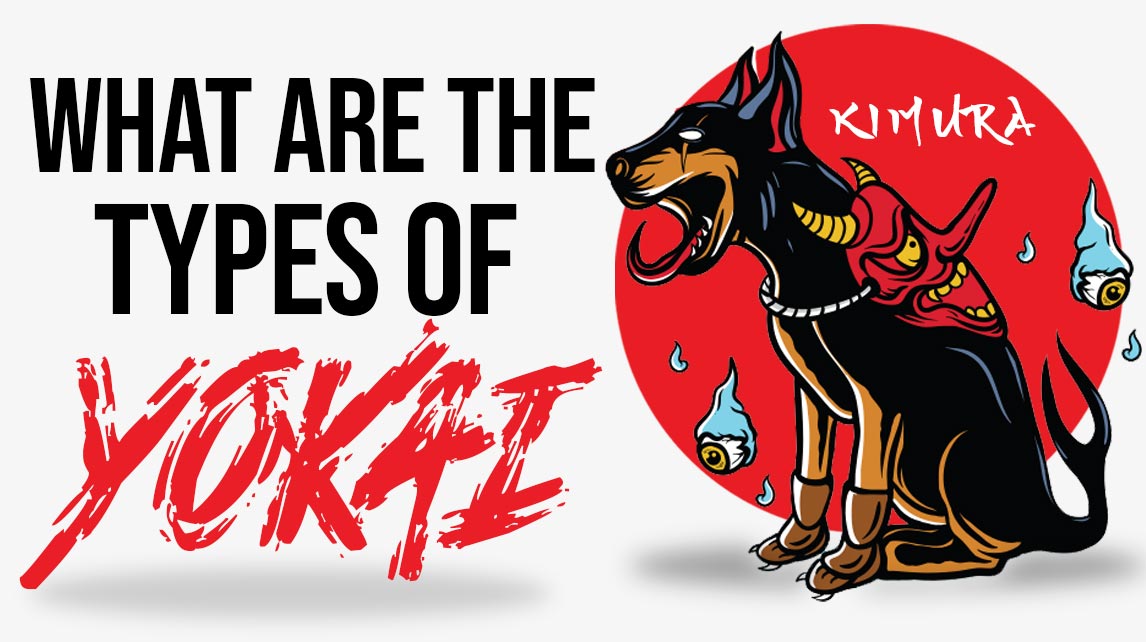
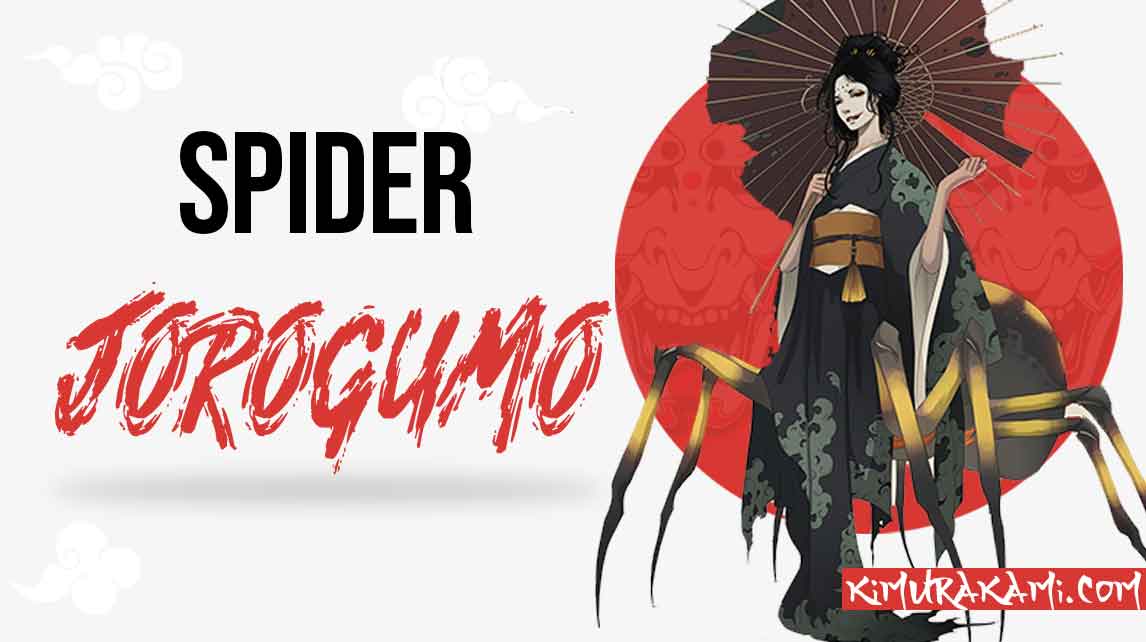
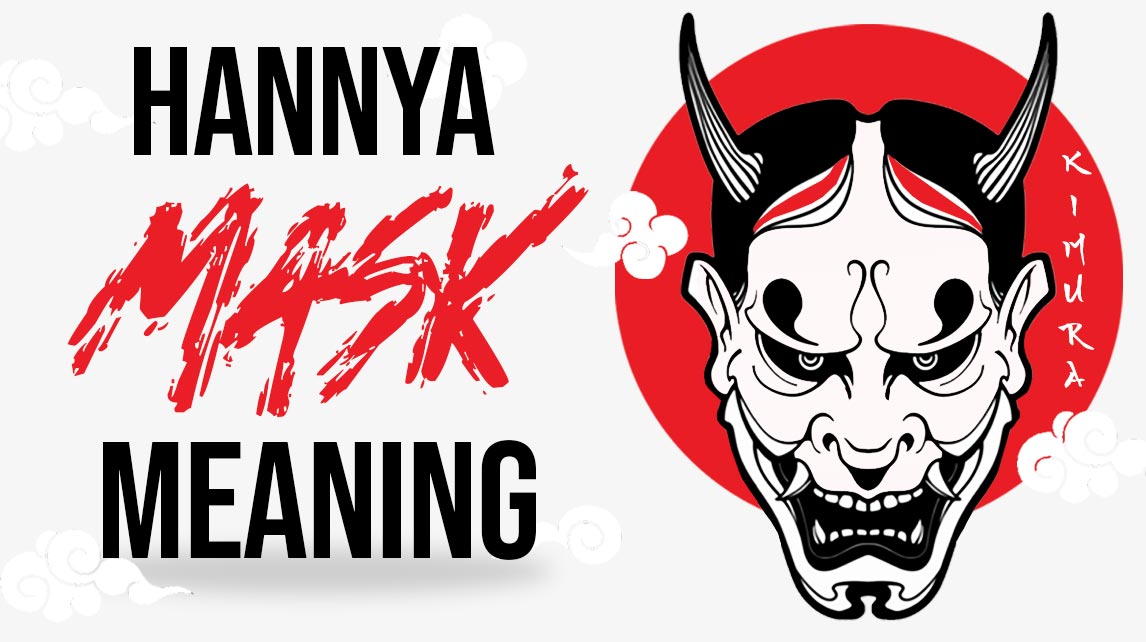
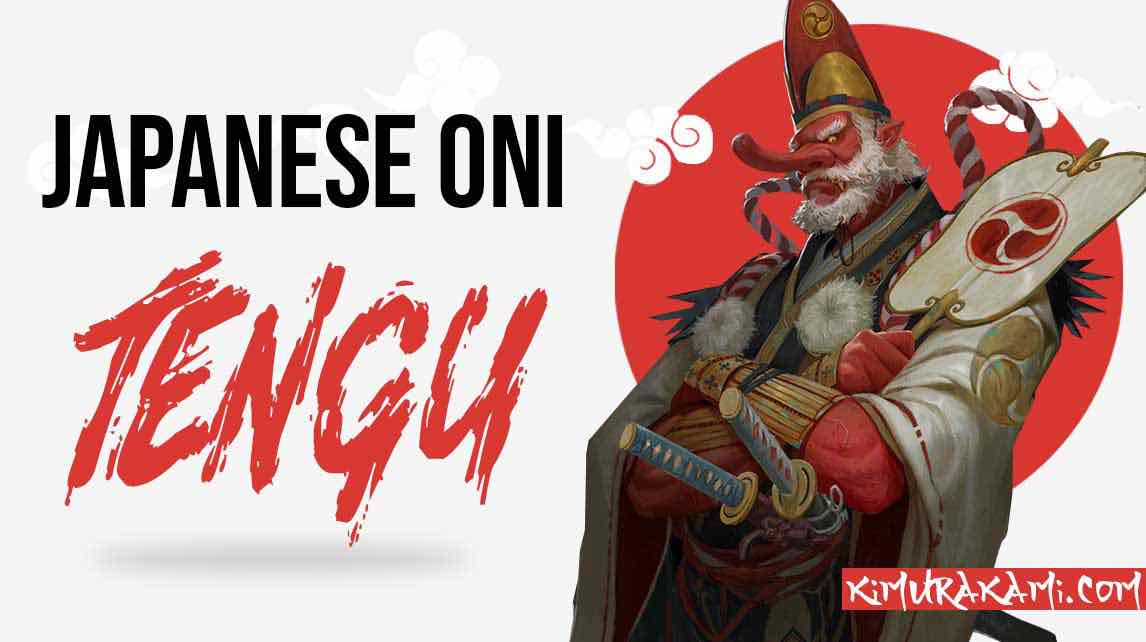
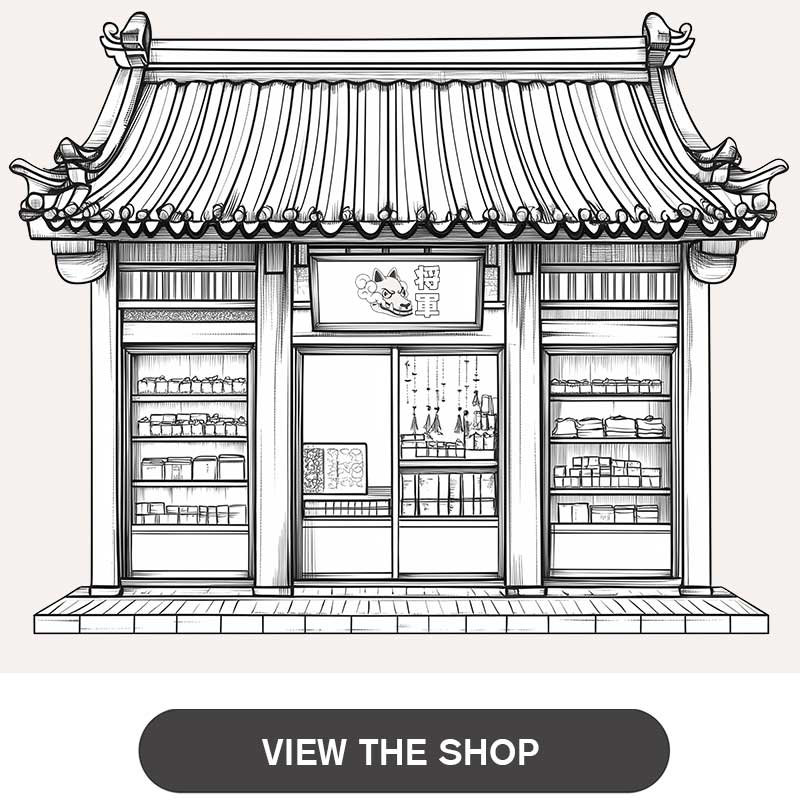
This page was extremely helpful at teaching me about the tengu masks and their background thank you
Leave a comment